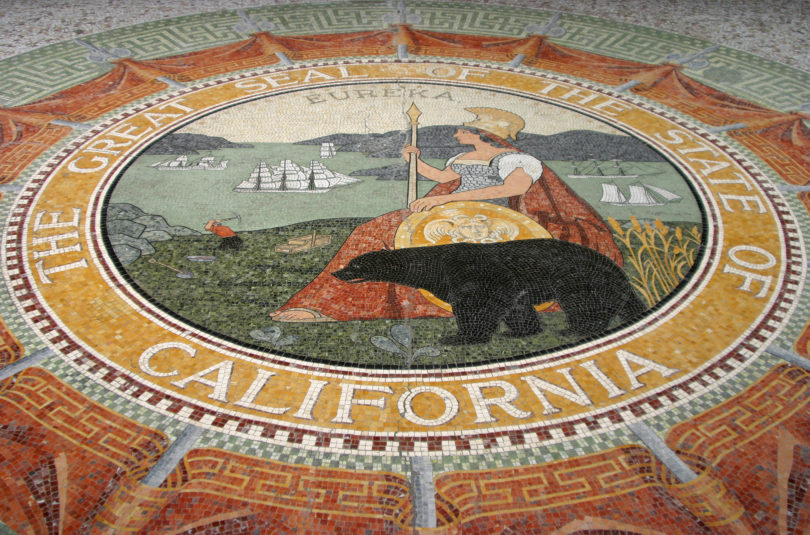As cannabis and CBD legalization sweeps across North America, one problematic area to date has been food, drinks, and cosmetics that contain CBD.
California just made a groundbreaking decision in the right direction. As long as the food or beverage contains CBD (Cannabidiol) that is derived from hemp and not from cannabis, it will soon be legal for retail sale and consumption in California. That also includes topicals and other cosmetics that contain CBD.
Assembly Bill 228 passed unanimously by 76 to 0, as Assemblywoman Cecilia Aguiar-Curry, a Democrat who introduced the bill said according to an LA Times report, “Our bill now goes to the Senate, where we hope and expect to get the same kind of tremendous bipartisan support that helped us pass the Assembly today.”
The crux of the new bill is that it clarifies the position on food, drinks, and cosmetics in California which contain CBD. The bill, according to the U.S. Hemp Roundtable, “would expressly permit the retail sale of hemp-derived CBD in foods and supplements, and also in topical applications.”
However, the bill flies in the face of a 2018 policy adopted by the California Department of Public Health which banned CBD for use on humans or animals. That’s a far cry from a recent NBC report about a warehouse in LA that was impounded with more than $100,000 of CBD inside. The disparity and confusion is a direct result of oversight in the writing of Prop. 64, which legalized recreational cannabis but made no specific provisions to cover hemp.
no doubt the result of years of prohibition, which has left a severe stigma over the cannabis plant and its derivatives.

California’s laws are putting the state’s CBD industry at a fiscal disadvantage
As Aguiar-Curry pointed out, “The position of state regulators is severely limiting Californians’ access to a product that many consumers believe substantially improves their health and wellness,” she said. “This is disrupting manufacturers, retailers, and farmers, and is also putting the state’s agricultural industry at a disadvantage in pursuing a national market estimated to reach $20 billion annually in the next few years.”
But the new bill has already enjoyed widespread support, especially from the cannabis legalization community. Colleen Keahey Lanier, executive director of the Hemp Industries Association, said about AB 228, “It is encouraging to see California embrace the opportunity for hemp-derived CBD to be marketed in regular retail channels,” she said. “Since the 2018 Farm Bill established hemp as an agricultural commodity, our mission is to help advance opportunities for hemp in the marketplace—unrestricted, where it belongs.”
While the Farm Act 2018 allowed for the cultivation of low THC, high CBD agricultural hemp, when it comes to dietary supplements or food, things get a lot more complicated. Especially where the FDA is concerned. With that said, many are also calling for a robust federal solution to the quagmire and to do away with all the unnecessary confusion.
As Douglas MacKay, senior vice president of scientific and regulatory affairs of CV Sciences Inc, said, according to the same report, “We are eager to work with the FDA to establish an appropriate, efficient and predictable regulatory framework that allows a pathway for product developers to lawfully market various types of hemp-derived products,” he explained.
As assemblywoman Aguiar-Curry also pointed out, while the federal government has even taken steps to allow CBD across the nation, California is one state where there have been ongoing issues. “This position has put California in an Alice-in-Wonderland world in which adult consumers can walk into a licensed marijuana dispensary and purchase all manner of recreational cannabis products, but they cannot legally purchase non-intoxicating hemp products that they believe can bring them calm and ease their pain,” she said, highlighting the complete absurdity of the current situation.
It remains to be seen which way the tides will go in California in the near future. Hopefully, CBD will soon become as accessible to consumers as any other health or food supplement.









